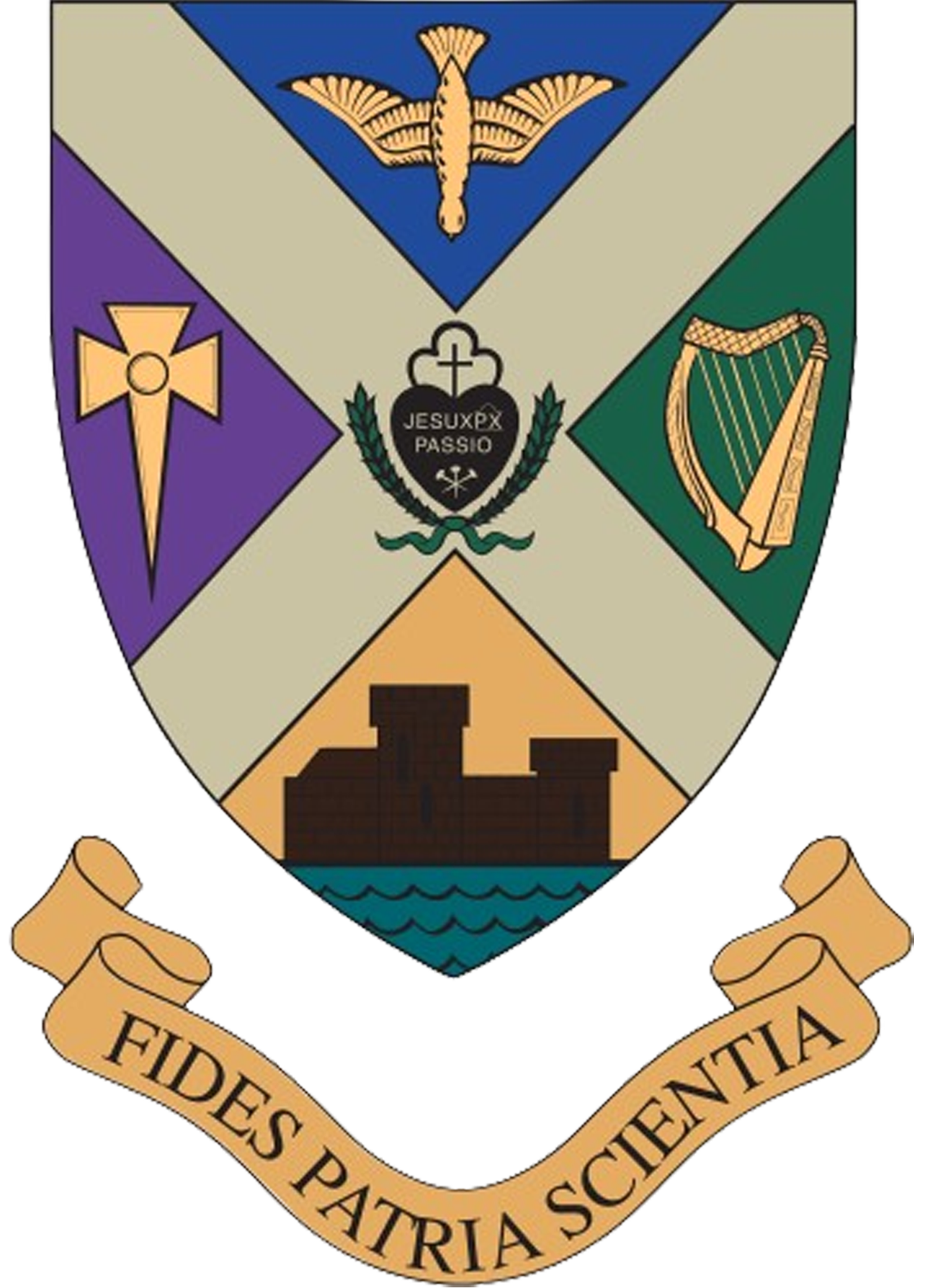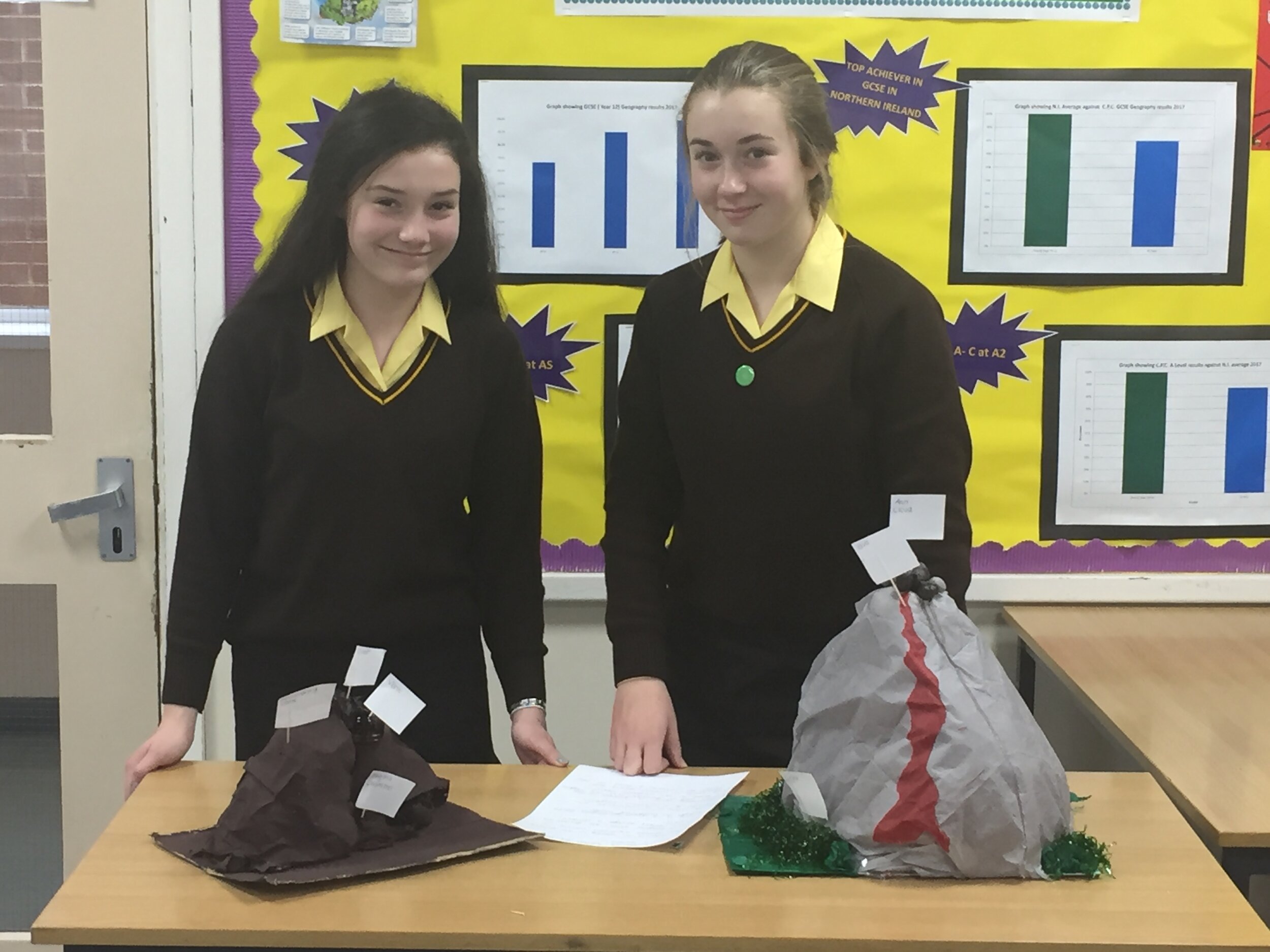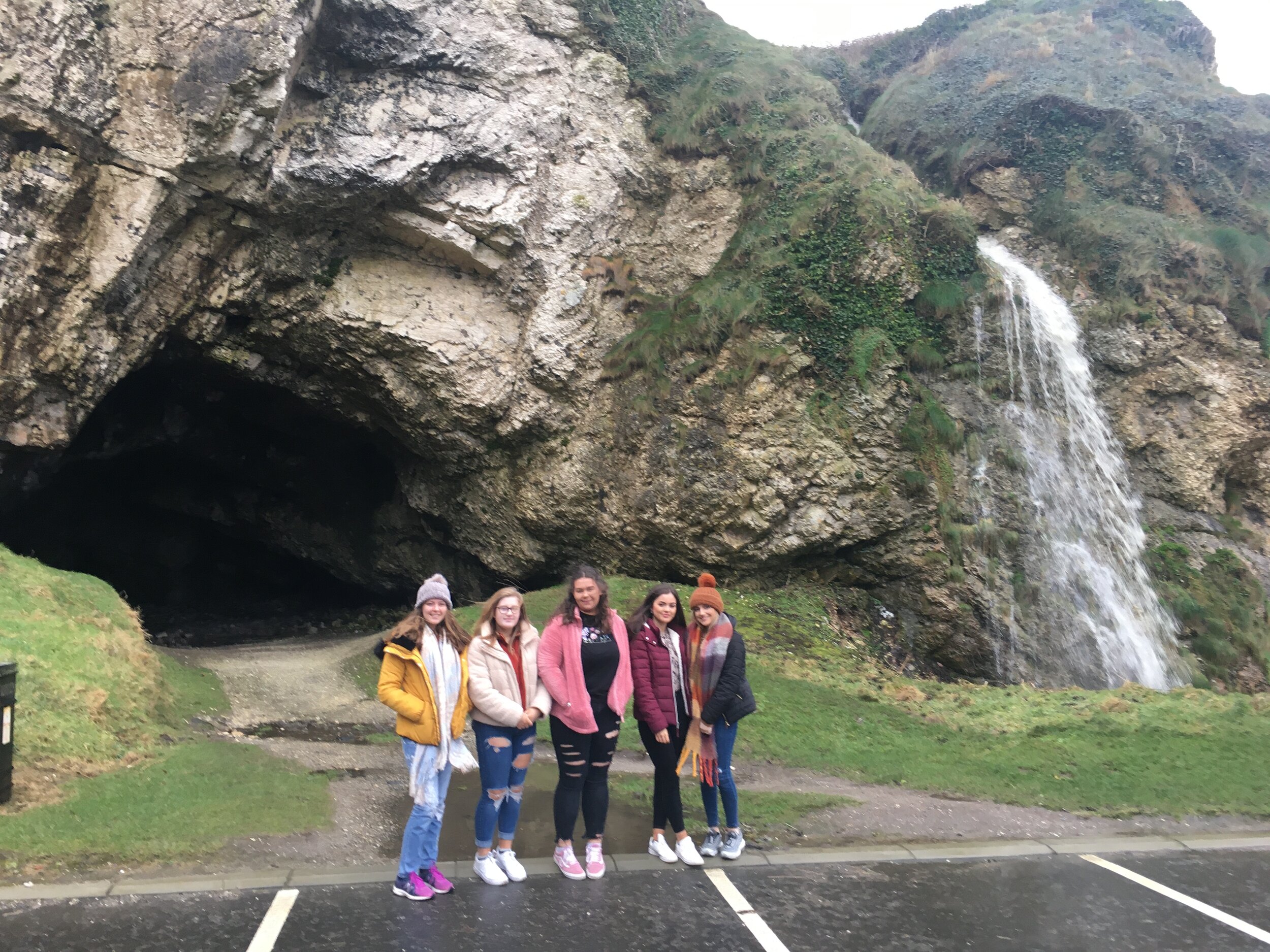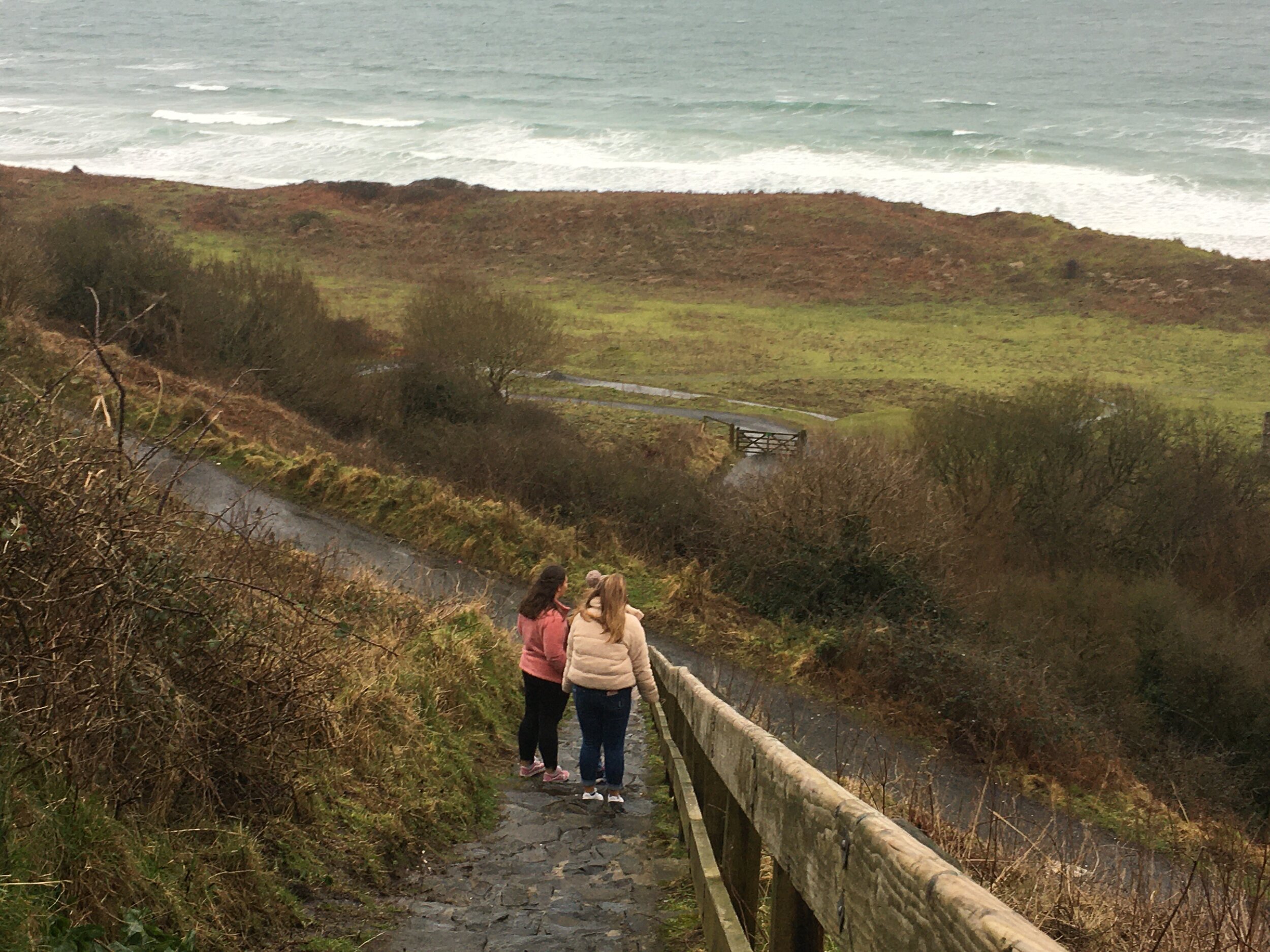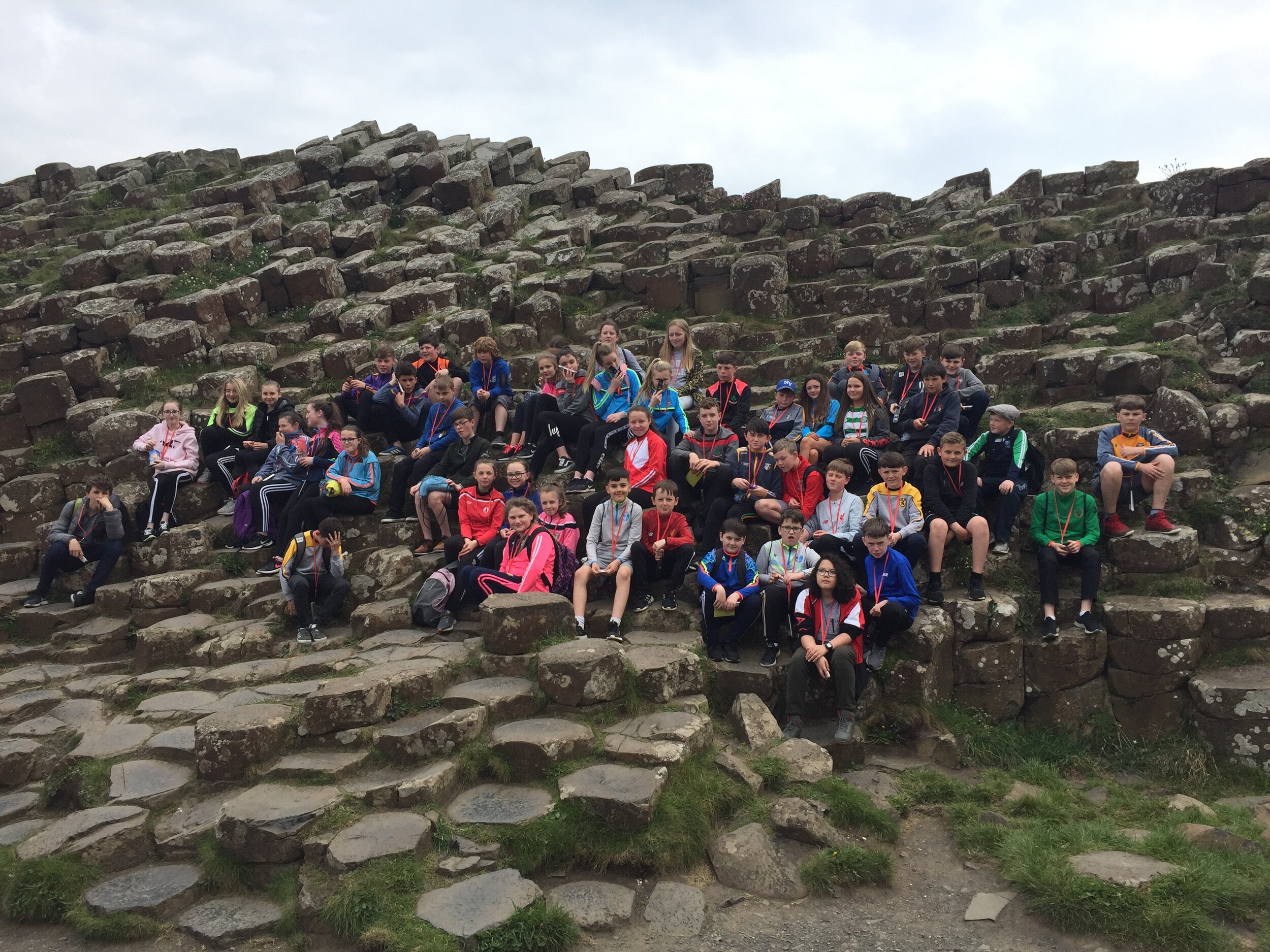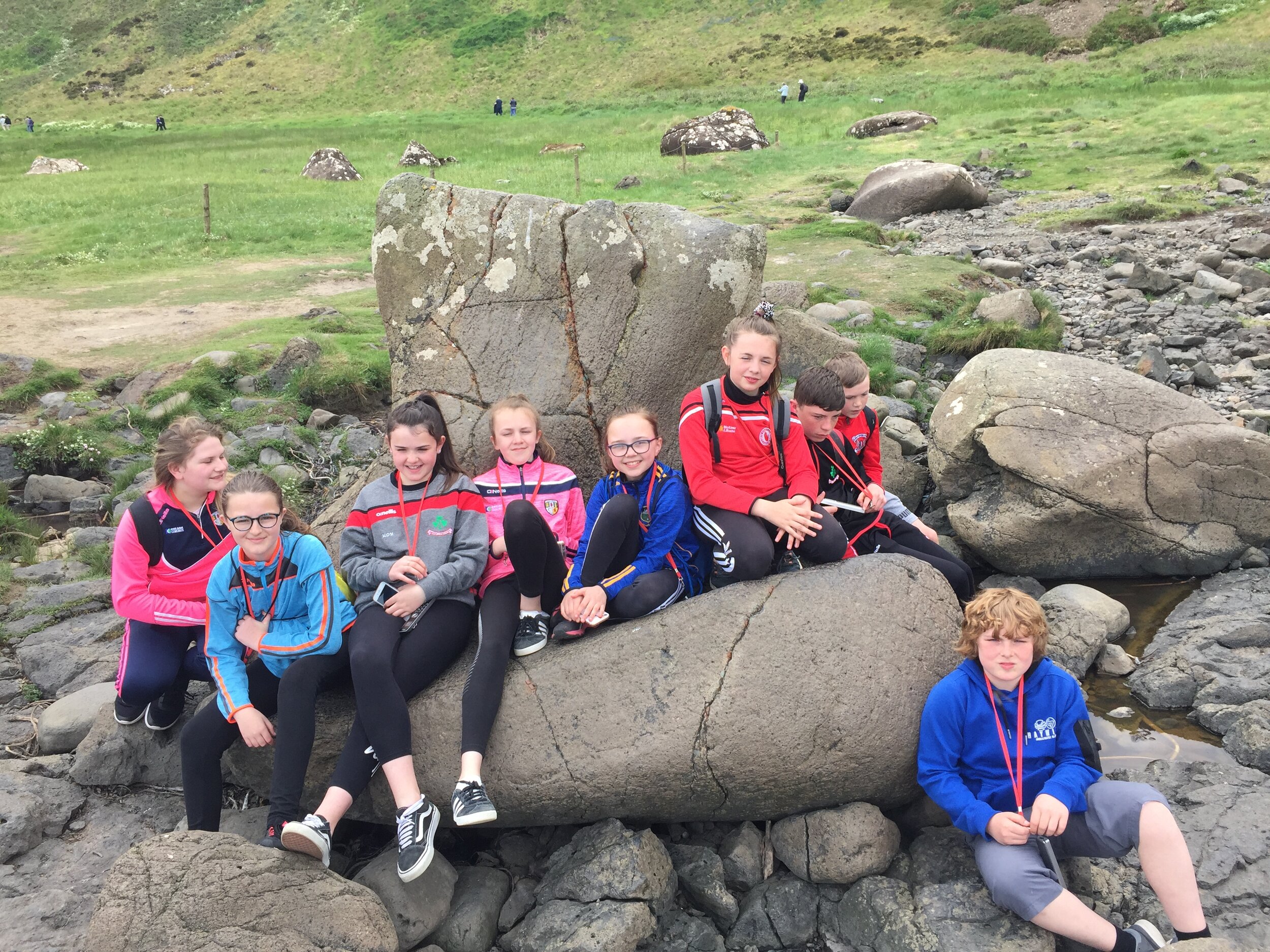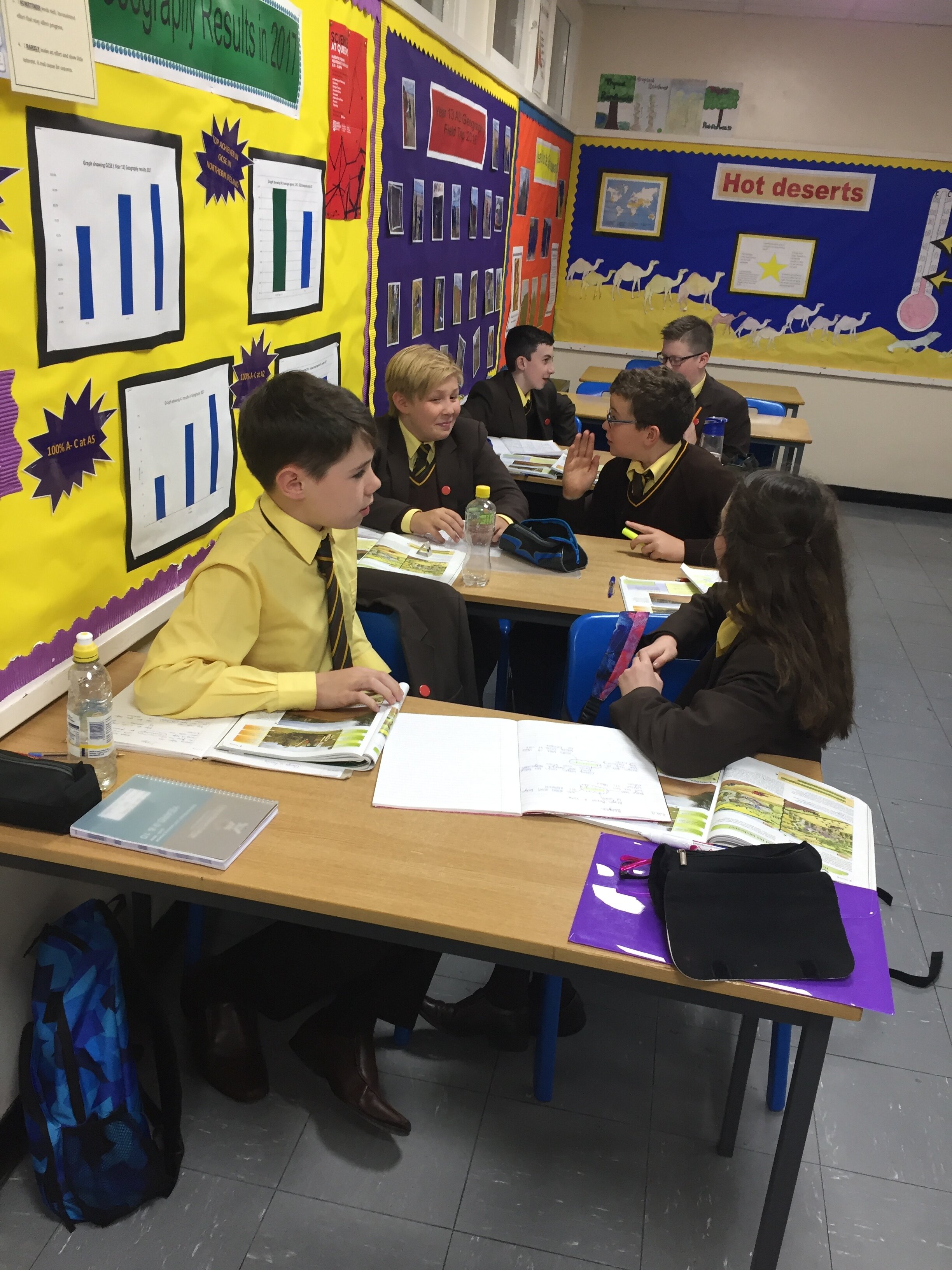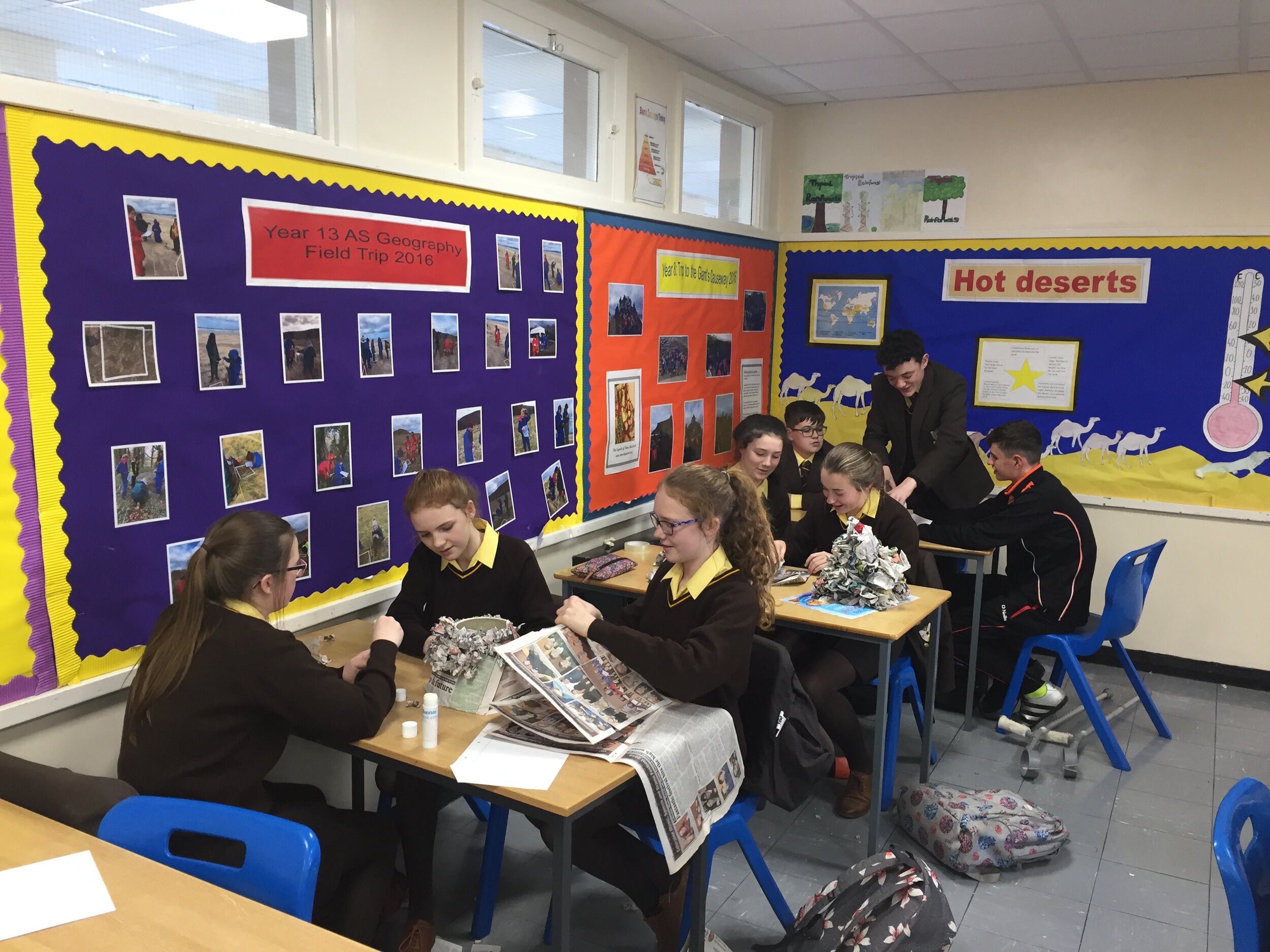Aims
Geography has a distinctive contribution to make to the development of an understanding of the world and its people. It encourages an appreciation of the relationships between the physical and human processes that give rise to the distinctive character of places and environments and their interdependence.
The study of geography provides opportunities for students to develop an understanding of and respect for the cultures and ways of life of other people. The study of the interrelationships between people and the environment allows consideration of how sustainable development affects the planning and management of environments and resources.
Staff
Mrs Thérèse McGilligan (HOD)
Mrs Nuala McAleese
Key Stage 3
Pupils enjoy an interesting and varied range of topics at KS3. Throughout the delivery of these topics, pupils have the opportunity to develop their literacy, numeracy and ICT skills. They also build on their ability to work in teams and independently. We make links with Careers and help pupils identify and develop employability skills.
Year 8
Mapskills
World Mapwork
Rocks (Geology)
Population
Year 9
Farming (Primary Industry)
The Diamond Industry (Secondary Industry)
Tourism (Tertiary Industry)
Rivers
Meteorology
Year 10
Tectonics
Tropical Rainforest Ecosystem
Desert Ecosystem
Development
GCSE
This course involves a synthesis of facts, figures, ideas and perspectives to help us understand and protect the world we live in. By studying geography, students learn about important contemporary issues like global warming, desertification, deforestation, loss of biodiversity, pollution and flooding.
Over the two years, two units will be studied plus an addition fieldwork element which is examined:
Unit 1: Understanding Our Natural World. This unit covers the following themes:
Theme A: River Environments
Theme B: Coastal Environments
Theme C: Our Changing Weather and Climate
Theme D: The Restless Earth
Unit 2: Living in Our World. This unit covers the following themes:
Theme A: Population and Migration
Theme B: Changing Urban Areas
Theme C: Contrasts in World Development
Theme D: Managing Our Environment
Unit 3: Fieldwork
Post-16
In A-Level Geography students investigate our ever-changing world and the dynamic forces that influence nature, culture and society. They will also understand the interaction between societies and cultures and how geography affects our daily lives.
We follow the new CCEA specification brought out to be delivered from September 2016. The course is unitised. The students do six units over two years, including an element of fieldwork which is examined.
AS1: Physical Geography. This unit covers the following themes:
Fluvial environments
Global biomes
Processes that shape our weather and climate.
AS1: Human Geography. This unit covers the following themes:
Population
Settlement
Development
AS3 Fieldwork Skills and Techniques in Geography.
The A2 unit has a series of optional units in Physical Geography, of which we usually study:
A21: Physical Processes, landforms and management:
Option B Tropical Ecosystems – Nature and sustainability
Option C Dynamic Coastal environments
A22: Processes and Issues in Human Geography
Option B Planning for Sustainable settlements
Option D Tourism
A23: Decision Making in Geography, students develop decision-making skills in a real world scenario.
Extracurricular
As fieldwork is such a unique aspect to the subject of geography, we promote that students fully participate in the river studies and beach studies that are provided.
